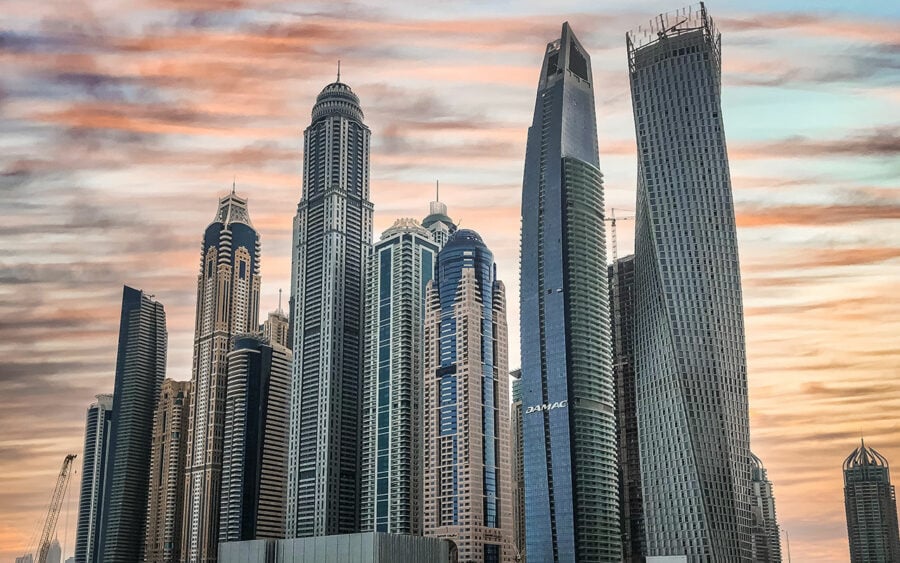Growth in construction output continued to accelerate in the MEA region in Q1 2022, in the face of pressures on material costs and labor, according to a new report commissioned by JLL, a consulting firm for real estate services.
According to the report, this growth has been driven by government vision programs and a busy projects market, with the forecast 2022 tender price indices for Saudi and the UAE at 6-8 percent and 4-6 percent respectively.
The study shows that last year, global construction output rose by 4.1 percent, driven by economic uncertainty stemming from the COVID-19 pandemic; in the MEA region, this trend has continued into 2022.
The analysis shed light on the increased construction momentum in spite of the convergence of a number of economic factors in the first quarter of this year.
Data shows that this momentum has put inflationary pressure on material prices. These factors included rising oil and metal prices, exacerbated by geopolitical tensions, alongside growing demand for – and shortages of – some materials.
The report shows that higher oil prices have a direct impact on construction material prices, due to the increased cost of production, manufacturing, and transportation. Over Q1 2022, to give just one regional example, the supply price of steel rebar increased in the UAE, Egypt, and Saudi by 27 percent, 17 percent, and 9 percent respectively.
Moreover, the study pointed out that regional demand for steel is forecast to increase by 4.9 percent in 2022, to 50.5 million tonnes. With the growth in steel demand anticipated to outstrip growth in production around the world this year, this upward trend in the price of steel looks set to continue.
The supply price of other key construction materials, including copper, aluminum, iron ore, and plastic used in PVC tubing, all also increased around the world over the first quarter of the year.
The report observes that among the key markets in the region, Egypt is likely to be more susceptible to increasing material prices, due to the requirement from Egypt’s Central Bank for letters of credit to be issued for the import of goods, as well as the devaluation of the Egyptian pound.








